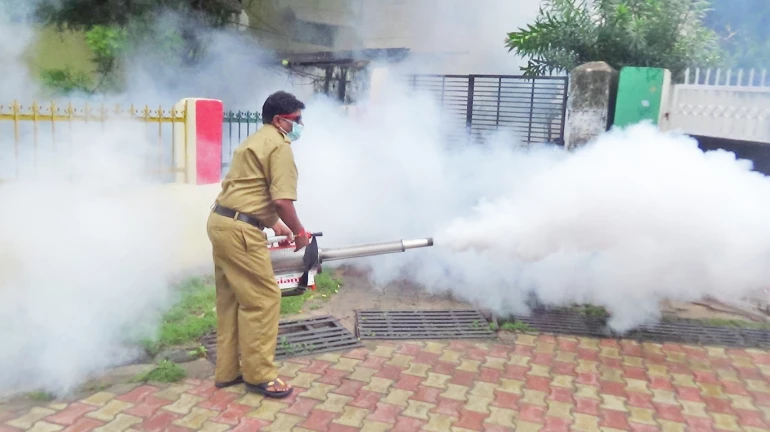
Mumbai has reported a significant rise in Chikungunya cases this year, with 578 infections recorded between January and October 2024. This figure marks the highest number of cases in three years, sparking concerns among health officials and doctors, who are urging immediate action to prevent further escalation. The surge has been attributed to environmental factors and inadequate mosquito control measures.
Data from the Brihanmumbai Municipal Corporation (BMC) highlights a worrying trend. In 2022, the city reported just 18 cases of Chikungunya, which jumped to 250 in 2023. The current year has seen an even sharper spike, with cases reaching 578 by October. Health experts believe favorable breeding conditions for mosquitoes, driven by extended monsoon rains, are largely responsible for the rise. The prolonged monsoon has left stagnant water in many areas, including construction sites, discarded containers, and tarpaulin-covered surfaces. These water pockets have become ideal breeding grounds for Aedes mosquitoes, which transmit the Chikungunya virus. Construction sites have been identified as hotspots for mosquito proliferation, with health officials urging contractors and residents to eliminate stagnant water and maintain better hygiene.
Chikungunya, a viral illness spread by mosquito bites, causes a range of symptoms, including high fever, severe joint and muscle pain, headaches, rashes, and fatigue. This year, doctors have noted more severe symptoms, with many patients requiring hospitalisation. Prolonged joint pain, lasting for weeks or even months, has been a common complaint, significantly impacting patients' daily lives. Medical professionals have also reported slower recovery rates in 2024. While younger patients typically recover within 10 to 12 days, adults and the elderly are taking much longer, with lingering symptoms such as joint pain and fatigue persisting for up to two months. These prolonged recoveries have raised concerns about the long-term effects of the disease.
Despite the challenges, health experts stress that Chikungunya is preventable. They recommend simple yet effective measures to combat mosquito breeding, such as covering water storage containers, cleaning drains, and using mosquito repellents. Authorities are also calling for community participation in eliminating breeding sites and maintaining cleanliness in both residential and commercial areas. The alarming rise in cases underscores the importance of sustained preventive efforts. Experts believe that with collective action, the spread of Chikungunya can be controlled, ensuring the safety and well-being of Mumbai's residents.





